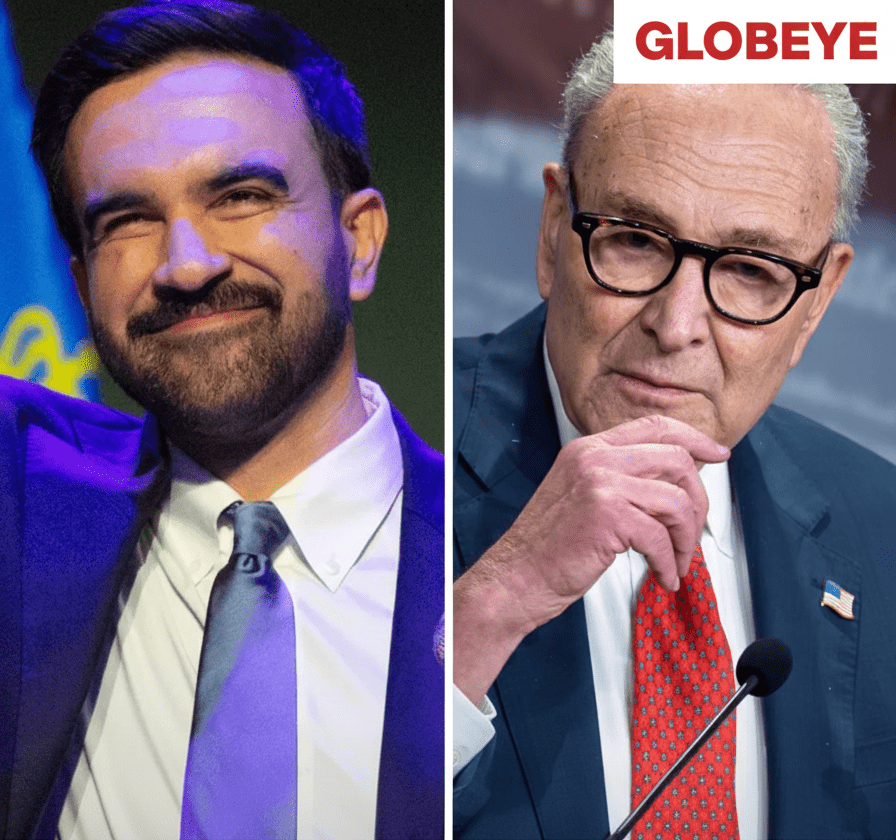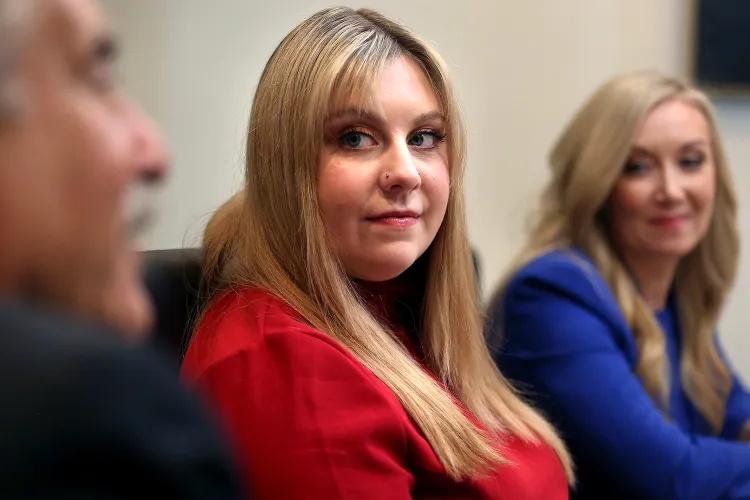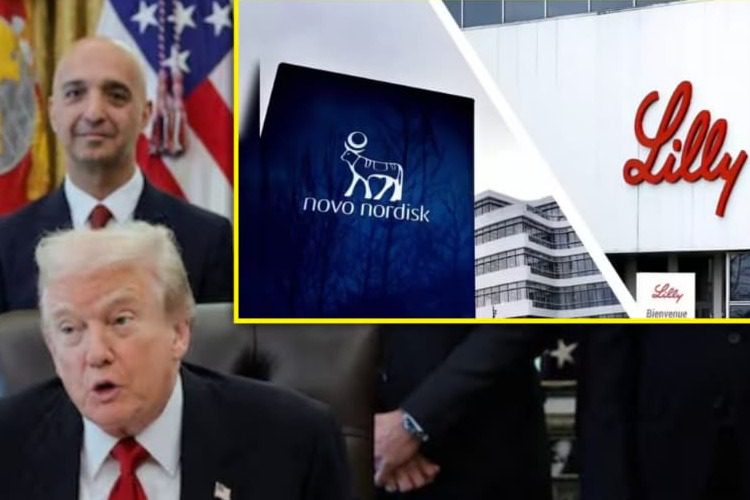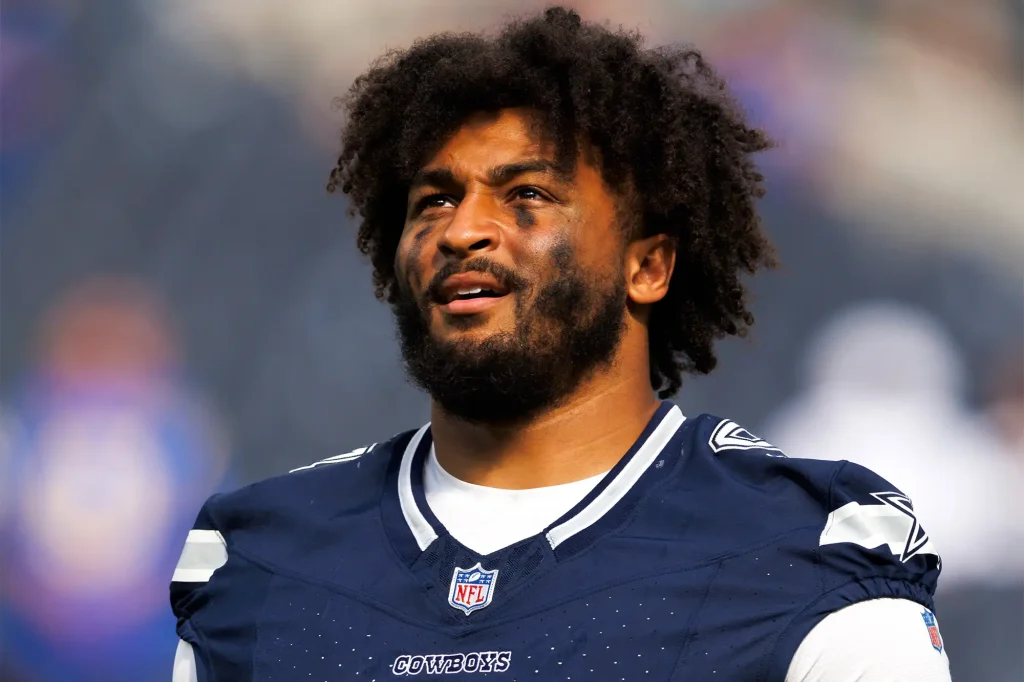Zohran Mamdani Chooses AOC Over Chuck Schumer — His Silent Answer on Schumer’s Future Speaks Volumes
When Zohran Mamdani strode into office as New York City’s freshly elected mayor, the glare of victory followed him. Yet just one day into his transition, the spotlight shifted — not to triumphant cheers but to an awkward pause, a cut-off interview, and a pointed silence. It took place during a routine chat with Politico, where a simple question was asked: should Senate Majority Leader Chuck Schumer face a primary challenge in 2028? Mamdani’s answer wasn’t a no — it was a deflection. His spokesperson abruptly ended the interview with one sentence: “I’m sorry, Joe, we gotta go.”
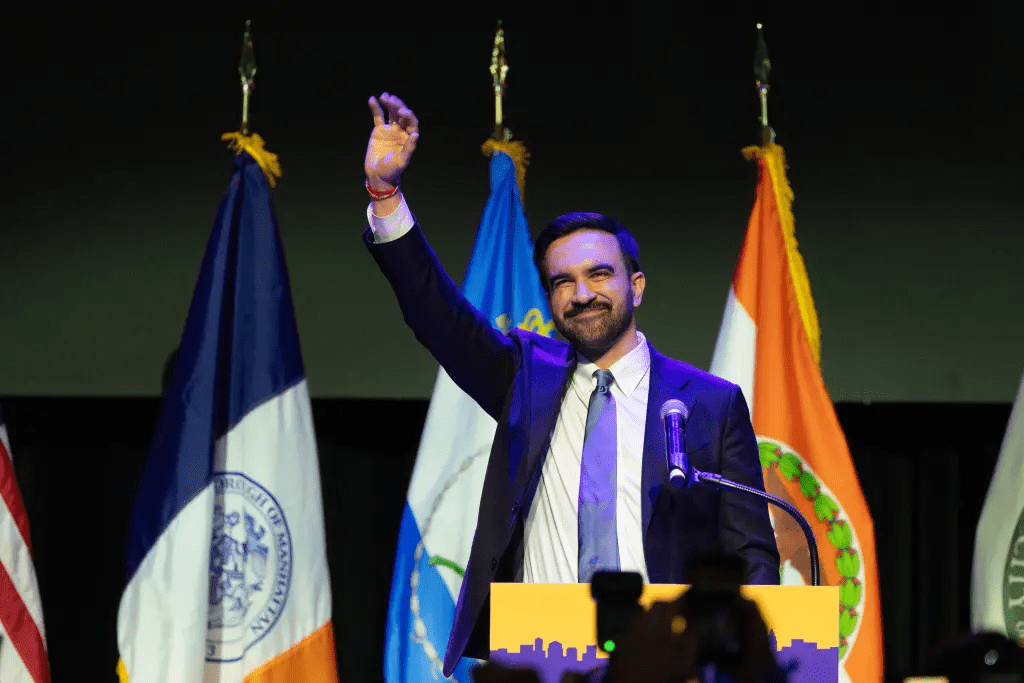
That moment, for many watchers, revealed more than Mamdani’s unwillingness to publicly critique Schumer — it exposed the growing fault line within the Democratic Party itself. Schumer, the seasoned Senate leader from New York, remains a pillar of the establishment wing. By refusing to weigh in, Mamdani sent an unmistakable signal: his allegiance lies with the rising progressive movement, not necessarily with the old guard. His lunch that same day with Alexandria Ocasio-Cortez, one of the most recognizable faces of the Democratic left, only intensified the speculation.
The numbers tell the story too. In the 2025 mayoral election, Mamdani captured a commanding share of the youth and progressive vote. Exit polling showed him far ahead among voters under 35, a demographic that transformed his long-shot bid into a historic victory. That base now watches closely — expecting not just symbolism but sweeping structural change. And for them, Mamdani’s non-answer wasn’t avoidance. It was a message: the future belongs to the next generation.
From Schumer’s perspective, the silence feels like a quiet rejection. Earlier this year, the Senate leader had declined to endorse Mamdani in the mayoral race, saying only that he “doesn’t have to do it.” The move was widely seen as a distancing gesture from the city’s increasingly left-wing trajectory. Now, the tables have turned. Mamdani, sitting in a position of local power, no longer needs to play deferential politics. His silence on Schumer wasn’t an oversight — it was strategy.
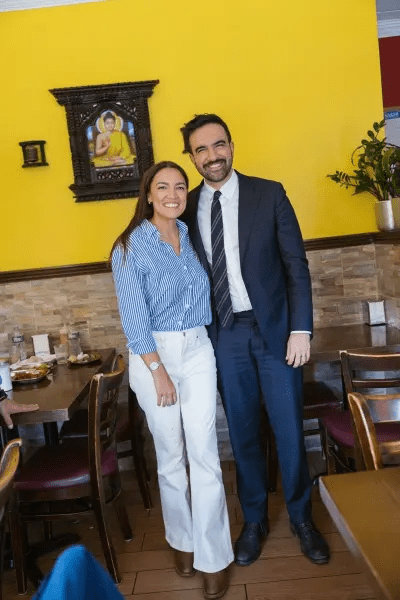
Inside the Democratic Party, that tension is palpable. Some moderates view Mamdani’s rise as a warning sign that the progressive wing is gaining too much momentum. “He’s making a statement,” one state Democrat said privately. “And that statement is: the establishment doesn’t control us anymore.”
The question of whether Schumer should face a challenge in 2028 may seem hypothetical, but in reality, it cuts to the heart of the party’s future. Progressives have long argued that leadership renewal is overdue — that new voices must replace career politicians who’ve defined the Democratic identity for decades. Moderates, however, insist that experience and pragmatism remain vital in a divided Washington. Mamdani’s decision to stay silent, then, was not a dodge — it was a declaration of independence from both camps.
The optics were impossible to ignore. Just hours after ending the Politico interview, Mamdani was photographed having lunch with AOC, smiling as they discussed “policy priorities for working-class New Yorkers,” according to a staff statement. For many, the timing said it all. Two of the left’s most prominent figures sitting together — the mayor-elect of America’s largest city and the congresswoman who once toppled a party heavyweight — symbolized a generational torch being passed.

AOC and Mamdani share more than progressive labels. Both built their political brands on grassroots organizing, small-dollar fundraising, and defiance of party orthodoxy. Their alliance represents a growing bloc of young Democrats who reject traditional fundraising networks, prioritize economic justice, and campaign on radical affordability. For them, Schumer’s brand of politics — cautious, calculated, and built on consensus — feels outdated.
Still, the stakes of that shift are enormous. Schumer’s influence reaches deep into New York politics and beyond. He controls key federal funding channels, infrastructure decisions, and legislative priorities that impact the state’s economy. A public rift between him and Mamdani could carry real consequences for city funding and cooperation on housing and public safety initiatives. Yet insiders say Mamdani seems unconcerned, confident that his message resonates more powerfully with the public than backroom alliances ever could.
Public reaction to the awkward interview has been split. Progressive supporters praised Mamdani for refusing to engage in “political theater,” framing his silence as a stand against establishment baiting. Critics, however, called it evasive and immature. “You can’t govern by pretending the other side doesn’t exist,” one New York political analyst said. “Eventually, he’ll have to work with Schumer whether he likes it or not.”

Among voters, the moment has only heightened curiosity about Mamdani’s long-term ambitions. Some speculate he may be positioning himself for higher office — perhaps even a Senate run down the line. His growing national profile, amplified by appearances on major talk shows and viral online clips, mirrors the path once walked by AOC herself. Others see his silence as a test balloon: a way to gauge public reaction before picking a definitive side in the intra-party struggle.
In City Hall, aides are reportedly crafting a careful messaging strategy to navigate the political fallout. According to staff sources, Mamdani’s team plans to “stay focused on policy and affordability” rather than “feed into establishment drama.” It’s a classic play from the populist handbook — keep the narrative about the people, not the politicians.
But make no mistake: every move Mamdani makes now is being watched by both allies and adversaries. To the Democratic establishment, his rise represents a threat — a charismatic disruptor who can rally young voters and reshape local politics from the ground up. To progressives, he’s a symbol of what’s possible when conviction beats money. And to the national audience, he’s the latest test of whether America’s left-wing momentum can translate into sustainable governance.
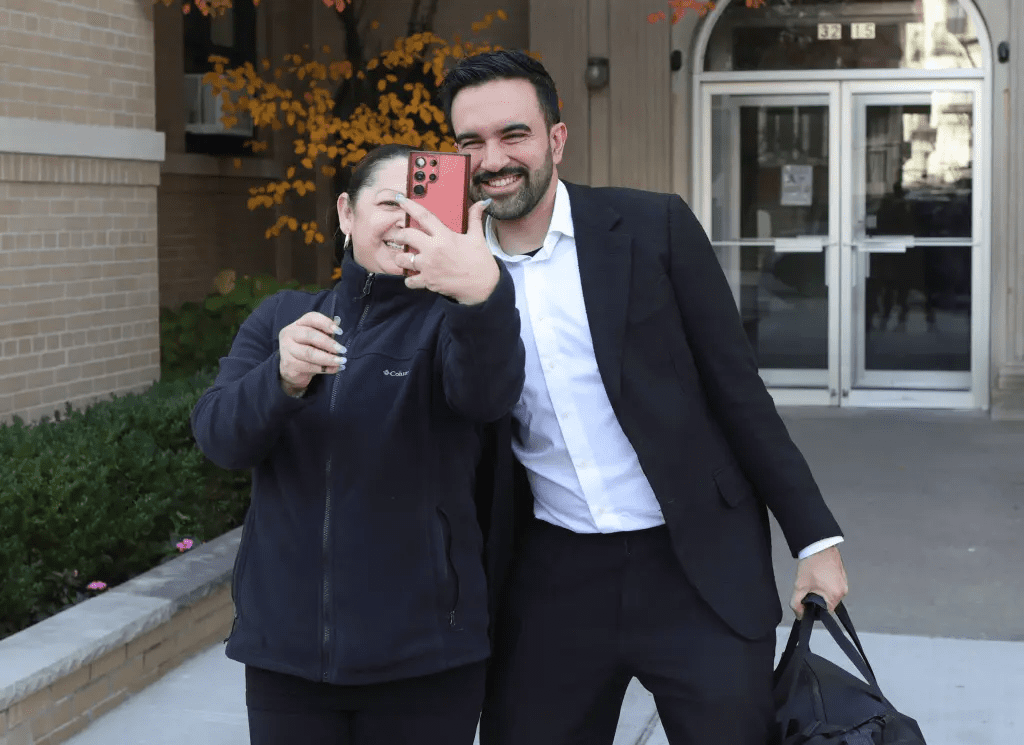
The deeper question remains: is Mamdani’s silence on Schumer the start of an ideological split — or just a strategic pause before an inevitable confrontation? Either way, it reflects a new political era. One where words matter less than what they represent, and silence can echo louder than speeches.
As of now, Schumer has not commented publicly on the exchange. But the scene — a senior statesman watching a rising progressive star refuse to speak his name — marks a symbolic passing of the torch, whether intentional or not. For decades, Schumer was New York’s most influential Democrat. Today, that title is being quietly, but confidently, contested.
And while the party may still operate under one banner, the message is clear: the battle for its future is already underway.
